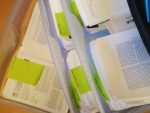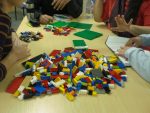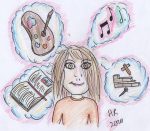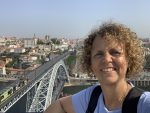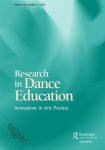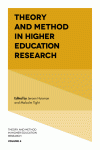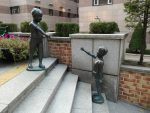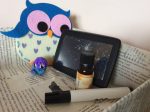
Creativity in Education: International Perspectives
Creativity has become a buzzword across all disciplines in education and across all phases, from early years through to tertiary education. Although the meaning of creativity can change vastly depending on the global educational setting, it is impossible...

